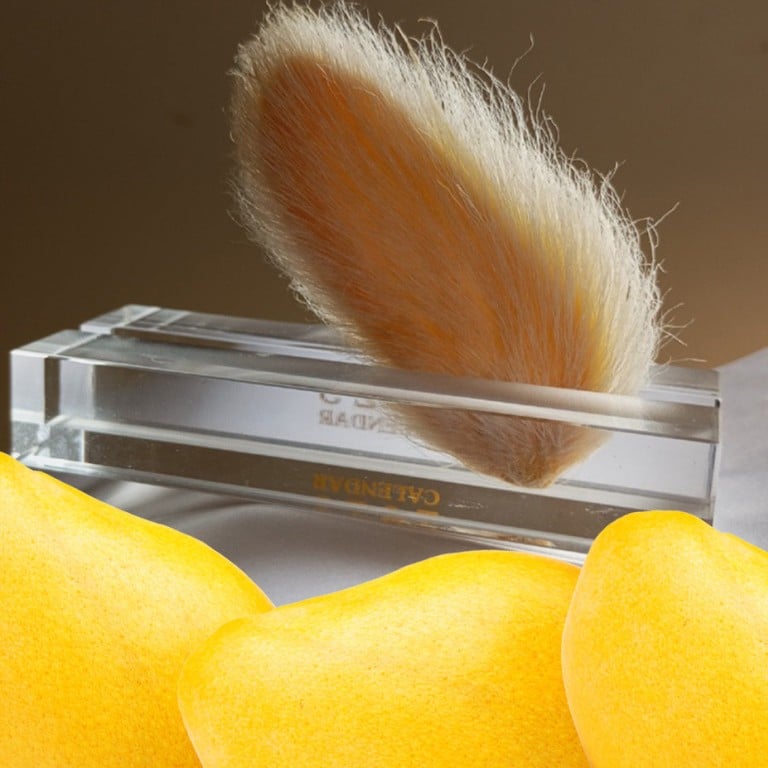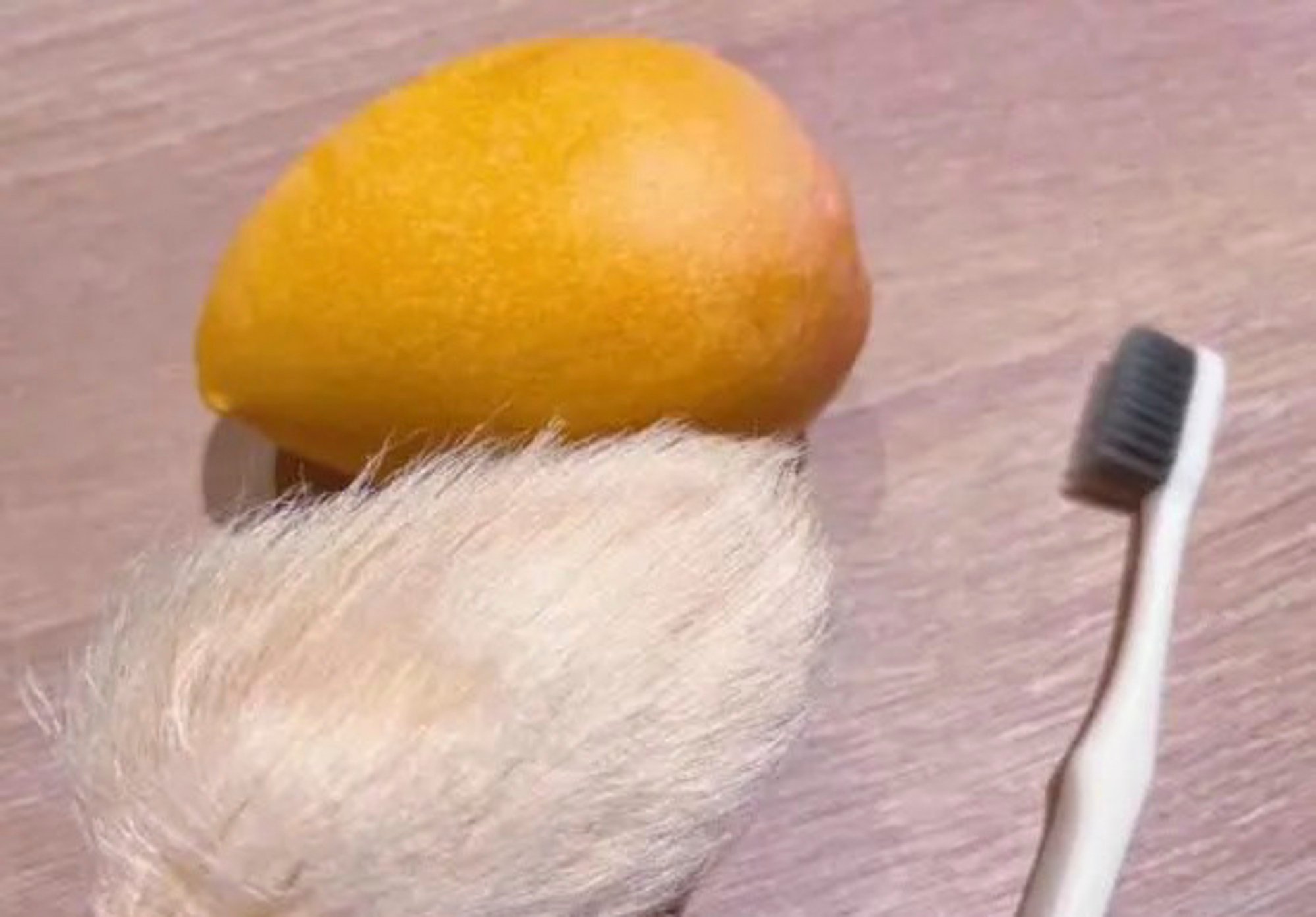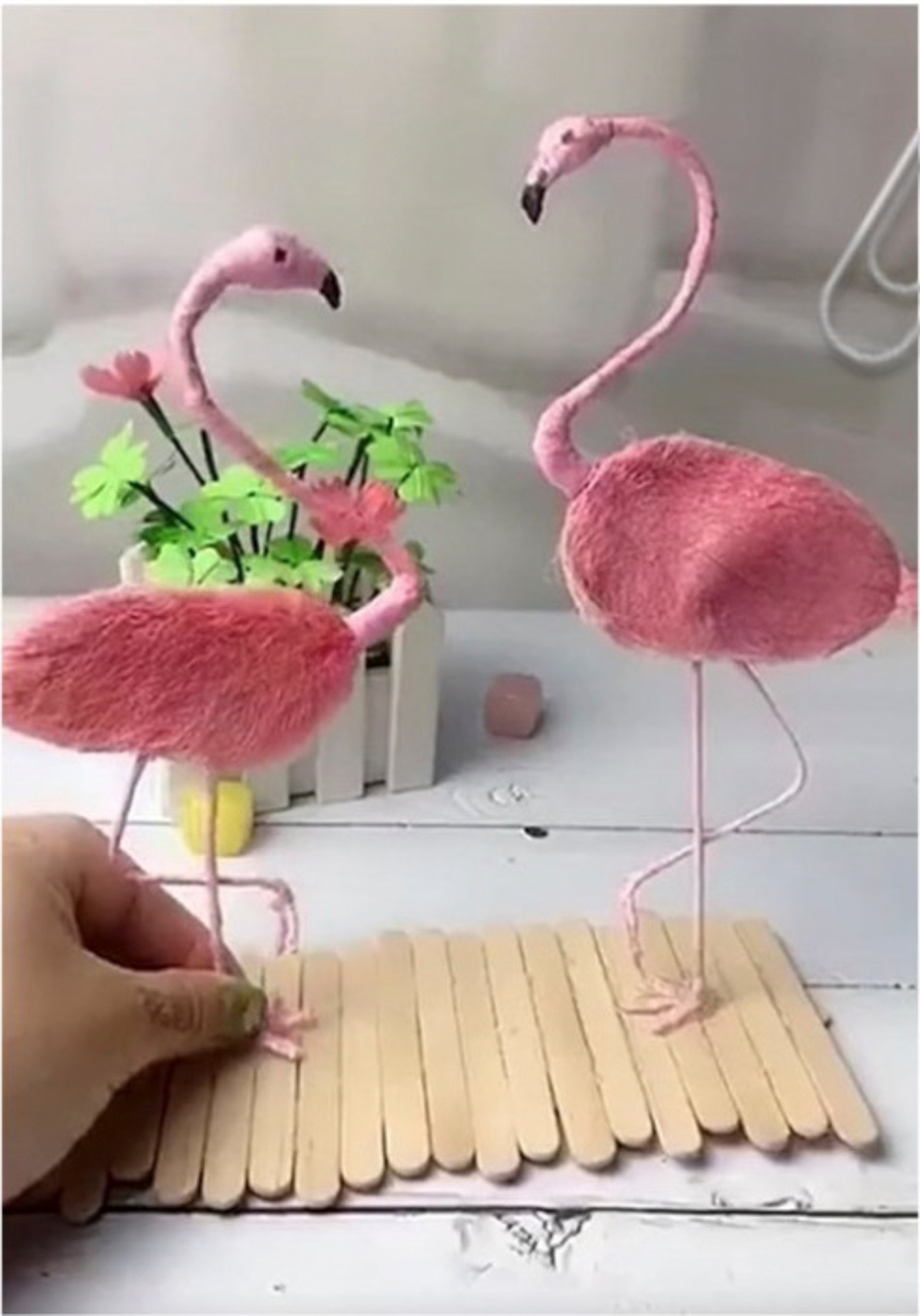
Mango pits as pets: young people in China ‘raise’ hairy seeds like dogs and cats, grooming them, even keeping bizarre diary
- Youngsters in China have begun ‘raising’ seeds of mangoes as ‘pets’ by grooming their sprouting ‘hair’
- Strange pet-keeping trend even includes keeping ‘mango-pit pet’ diaries and follows last year’s fad of keeping cardboard dogs and cats
It seems a simple cat or dog is no longer enough to satisfy the cravings of young animal lovers in China, who have now bizarrely taken to keeping mango pits as “pets”.
The new “animal” companion fad, in which youngsters fashion “pets” from the sprouting hair of a mango seed, has shocked mainland social media after it was reported by the online media outlet Jiupai News on July 20.
The strange practice follows the similarly bizarre trend of university students making “pets” out of cardboard which emerged last year.
Owners say their fluffy mango pit pets give them the same pleasure as a dog or cat, and provide them with therapeutic comfort.
In one case, a 19-year-old university student from the northern Chinese port city of Tianjin, surnamed Liu, has been raising two such pets since May, and even keeps a “mango pit diary” of the pair on Xiaohongshu, an Instagram-like social media platform in China.

So far, she has posted 11 diary entries about Da Mao and Er Mao, or Hairy I and II, both of which she has designated female.
Liu documents the changing texture of the mango pits’ hair, and details how it develops from dry and prickly to something which is “very comfortable to pat”.
The diary also charts the changing colour of the mango seed from yellowish to white.
Another mango pit raiser, Xiaomeng, told Jiupai News that the raising of an ideal pit pet requires the owner to buy the right type of mango.
It takes a lot of work to nurture the “pet” as the seed not only needs to be washed and brushed, but requires time in the sun to prevent mould.
Xiaomeng uses a hair dryer while brushing her mango pit to make it fluffy, in the case of Liu, aloe vera gel is applied to the seed.
Liu describes her two “daughters” as “ideal pets” which are a “cheap substitute for hamsters”.
She said her roommate also raises a hairy companion mango but it is “not as good-looking as mine”.
Under Liu’s social media posts, commenters even volunteered to be “aunties” to the mango pits.
“Will hair conditioner and skin cream make their hair smoother?” one person asked.

While another added: “I think Da Mao looks quieter while Er Mao seems to have a lively character.”
A third backed the fad: “So nice that they can bring these pets home after graduation, and we don’t see pet cats and dogs being abandoned.”
Some said the strange practice reminded them of a trend which emerged a few years ago in which people sun-dried mango pits and coloured them to make hair pins.
Last year, during the Covid-19 lockdown at Chinese universities, many students across the country made cardboard dogs and cats for “spiritual comfort”.
“A cardboard dog doesn’t get old or ill, and will always wait for me at the door,” a student said on Weibo.

